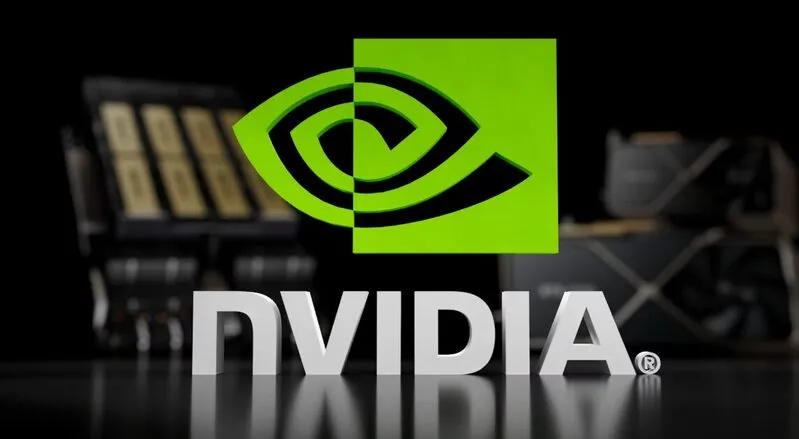Nvidia (NVDA) and Advanced Micro Devices (AMD) have agreed to pay 15% of their revenues from Chinese AI chip sales to the US government. The deal secures both companies’ export licenses to maintain existing workflows. The deal seemingly attracted some investors to NVDA, with the stock up 0.31% today and 1.3% in the past week. Meanwhile, AMD stock is up 2.3% since trading opened on Monday.
The Trump administration had instituted a halt on Nvidia and AMD chip sales back in April, specifically targeting Nvidia’s H20 chips destined for China. Right now, both companies have engineered an agreement to the 15% revenue cut as a condition for obtaining export licenses, according to Reuters. This deal specifically covers Nvidia’s H20 and AMD’s MI308 semiconductor chips.
The US chip export rules have spearheaded criticism from numerous significant policy experts, along with questions about their strategic logic. Geoff Gertz, who serves as a senior fellow at the Center for New American Security, transformed the discussion by calling the situation “wild” and questioning the reasoning behind allowing Nvidia and China chip sales to resume under these particular conditions. Gertz stated, “Either selling H20 chips to China is a national security risk, in which case we shouldn’t be doing it to begin with, or it’s not a national security risk, in which case, why are we putting this extra penalty on the sale?”
Several analysts are bullish on NVDA stock in the weeks ahead, fueled by its unchallenged dominance in the growing AI sector. Analysts at Morgan Stanley recently raised their price target on Nvidia stock to $200 from $170 while maintaining an overweight rating. Loop Capital’s Ananda Baruah also had a $250 price target for the chipmaker, which would mean a market cap of $6 trillion. Furthermore, analysts at Citi raised their price target on the stock to $190 from $180 while maintaining a buy rating. They see sovereign AI demand pushing the total addressable market for AI chips used in data centers past $500 billion by 2028.






